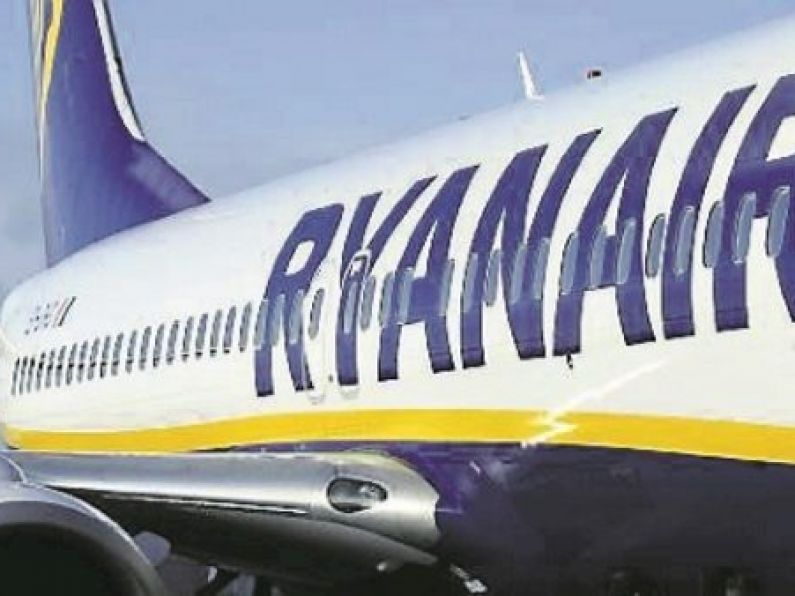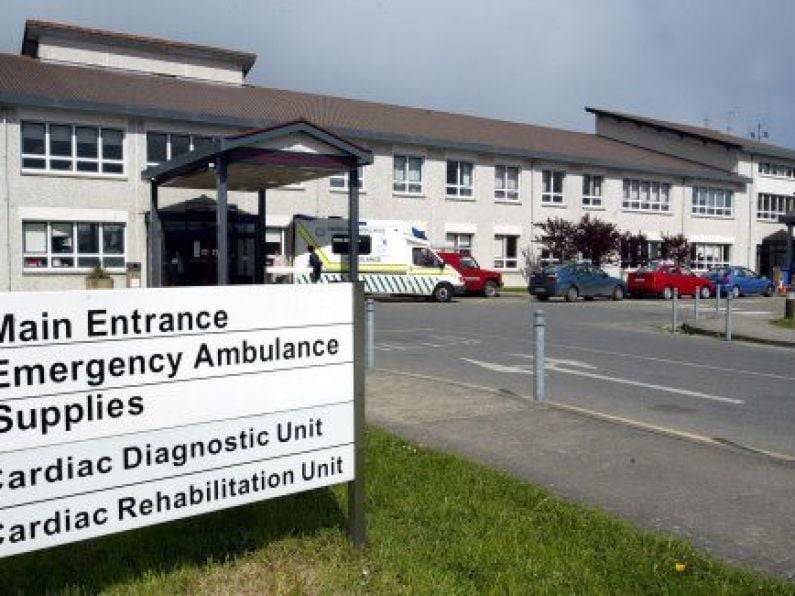Travellers from certain EU states will no longer have to quarantine for 14 days following their arrival in the Republic from next week.
Passengers arriving from areas coded orange under the EU’s “traffic light” travel system can forgo the currently mandatory quarantine provided they have a test showing that they are negative for Covid-19, according to the Irish Times.
Passengers arriving from areas coded red will be able to exit the 14-day quarantine period early if they test negative for Covid-19 five days after arrival.
The decision comes as part of the adoption of the new EU system which sees countries colour coded from a low-risk green to a high-risk red based on their rates of the virus and allows member states to set their own restrictions based on that.
Minister for Transport Eamon Ryan told TDs and senators on Wednesday the Government would adopt the system from Sunday night, November 8th.
Those arriving from orange zones will have to prove they tested negative for Covid-19 up to three days before arrival in the Republic, he said.
Mr Ryan acknowledged that only a small number of EU regions are currently rated orange by the European Centre for Disease Control, as most remain red zones following a surge in Covid-19 cases.
Mr Ryan also signalled that the Government would back plans to establish testing centres at the Republic’s airports for those travelling from the Republic.
Dublin Airport owner, DAA, has said it could have a centre open within days if it receives a ministerial order waiving the need to get planning permission for the facility.
“The Government will assist DAA in whatever way they need assistance,” Minister Ryan said.
He added that the testing system the airport introduced would have to be one approved by health authorities.
Mr Ryan told the committee that the Republic would only accept results from PCR tests which check for the virus’s DNA, rather than faster and cheaper screening which identify antigens released by an individual’s immune system.
“The current advice from the international authorities is that antigen testing is not appropriate for international air travel,” he said.






